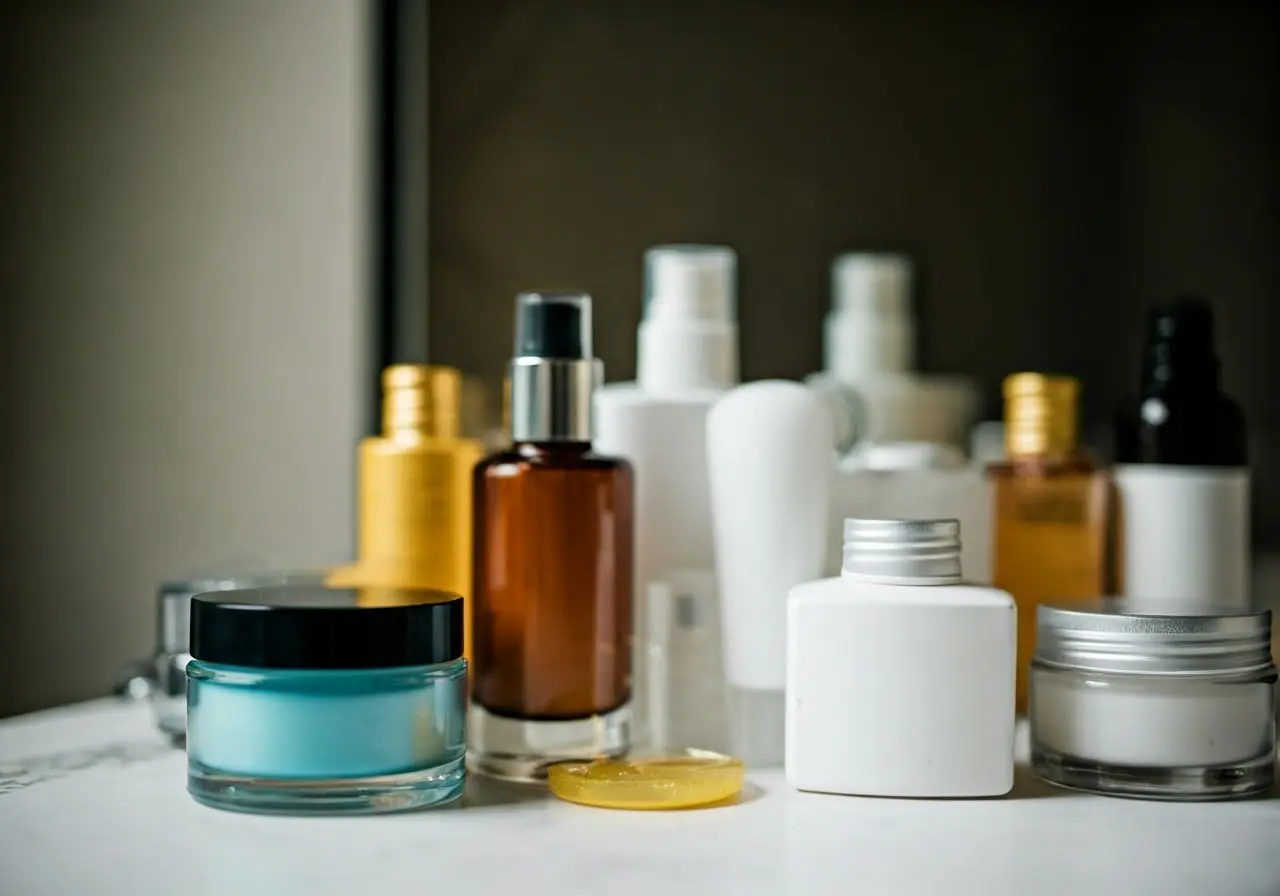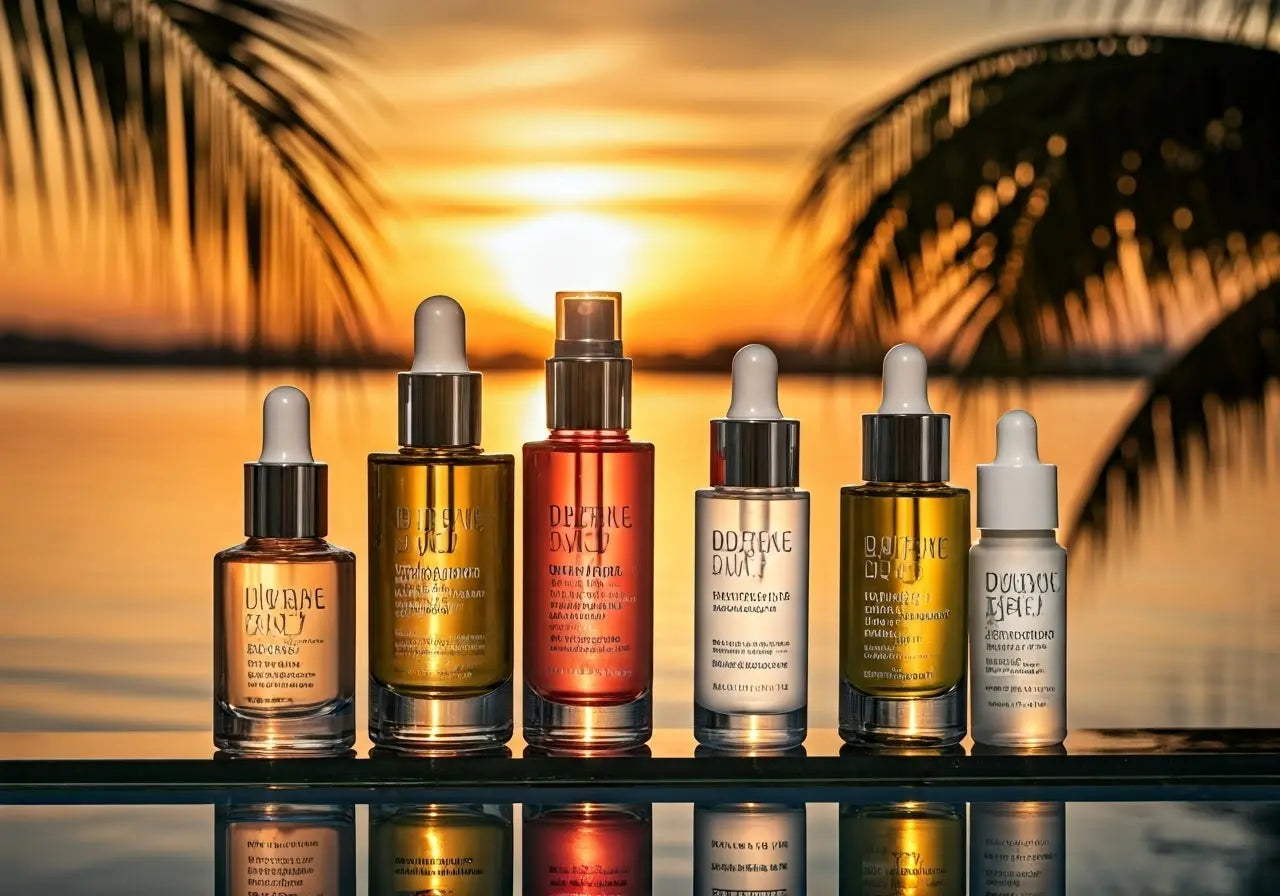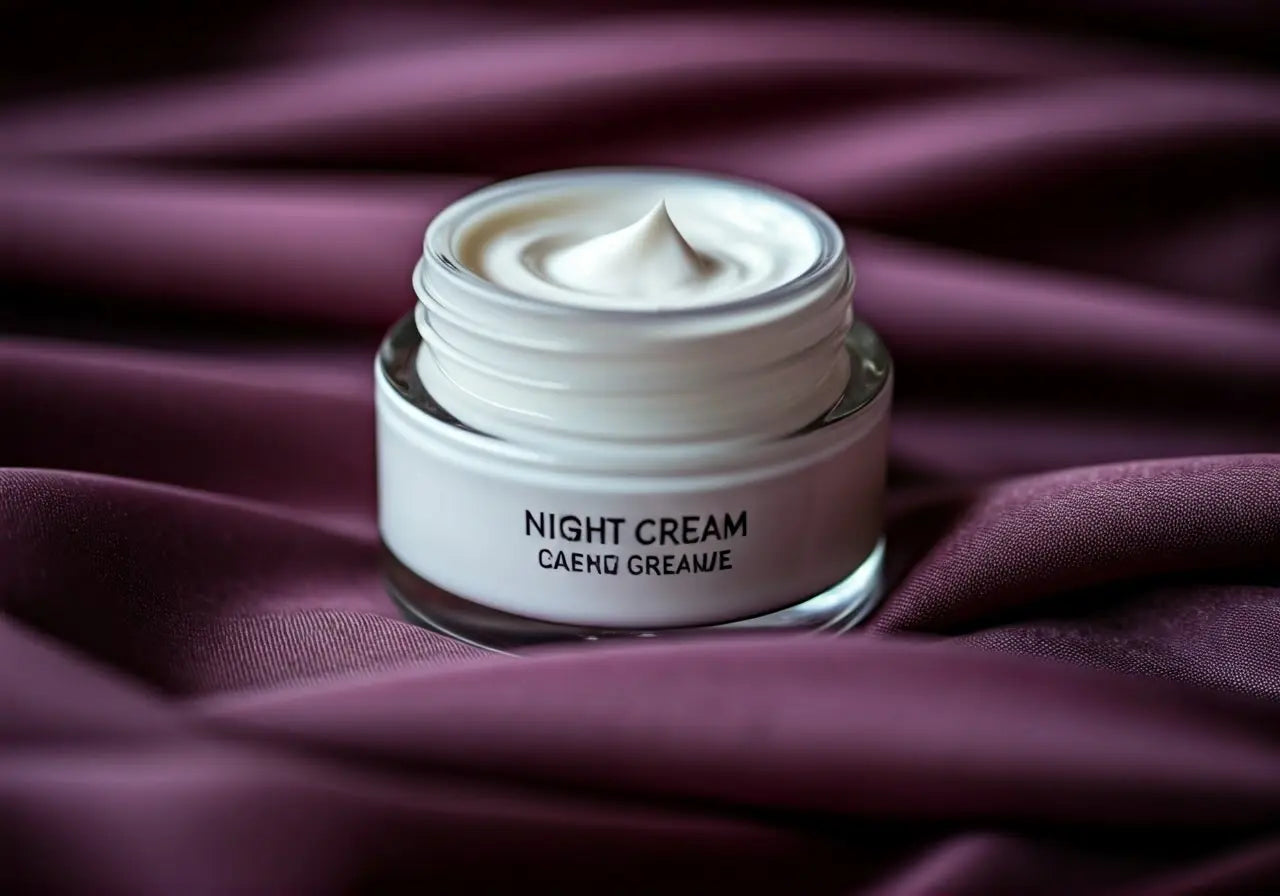We’ve all been there—dutifully applying moisturizer day and night, yet the skin still feels dry and flaky. It can be frustrating, right? Let’s dive into some reasons why this might be happening and how you can make your skincare routine more effective.
Understanding Your Skin Type
Not all skin is created equal. It’s important to first recognize your skin type. Is it dry, oily, combination, or sensitive? Misjudging your skin type could lead to the use of unsuitable products. For instance, using a light lotion might not suffice for extremely dry skin types that would benefit more from heavier creams or ointments.
An accurate assessment of your skin can lead you to products that effectively hydrate and protect. Understanding whether your skin shows signs of dermatitis is crucial, as moisturizers play a different role in treating these conditions Daily Moisturization for Atopic Dermatitis. Misdiagnosis could lead to applying products that offer little benefit to your skin’s actual needs.
Choosing the Right Moisturizer
A one-size-fits-all approach doesn’t work for skincare. The right moisturizer should target your specific skin needs. Look for ingredients like hyaluronic acid, glycerin, or ceramides, which are known to boost hydration. Occlusives like petrolatum help to lock in moisture, especially important for healing conditions with compromised skin barriers The Role of Moisturizers in Addressing Various Kinds of Dermatitis.
Products marketed as noncomedogenic can be beneficial if your skin tends to break out, but aren’t just about acne prevention; they often contain emollients that help smooth the skin surface. Finding the juiste product involves understanding how these ingredients work together to maintain skin moisture levels and support the skin barrier structure.
Don’t overlook the environment where you live; climates with low humidity might require moisturizers that provide a heavier barrier to prevent moisture from evaporating too quickly.
Checking for Hidden Irritants
Sometimes, the cause of dryness is hidden within your product’s ingredient list. Fragrances, alcohols, and certain preservatives can exacerbate dryness. Always read labels to ensure you’re not inadvertently causing harm.
Being vigilant about ingredients comes down to understanding your skin’s tolerance. Even products labeled as ‘hypoallergenic’ aren’t guaranteed safe for everyone due to the lack of industry standards Moisturizers: Do they work?.
The Importance of Exfoliation
Exfoliating helps remove dead skin cells, allowing your moisturizer to penetrate more deeply. However, over-exfoliation can counteract the moisturizing process, so it’s important to find a balance.
Exfoliation can be mechanical, using gentle scrubs, or chemical, through products containing acids like AHA. The method often depends on your skin’s sensitivity and condition, and finding the right balance can be key to effective moisturization. The overuse of exfoliation can strip away too much of the skin’s natural oils, leading to increased dryness.
Hydration from Within
Sometimes, topical treatments are not enough. Ensure you’re drinking plenty of water and eating a balanced diet rich in essential fatty acids. This provides your skin with the moisture and nutrients it needs from the inside out.
Products can complement internal hydration, but they can’t replace it. Ingredients such as ceramides and natural oils are enhanced by a healthy diet rich in these components Moisturizers: The Slippery Road.
Environmental Factors
Weather, environment, and even indoor heating can affect how your skin retains moisture. Protective measures like using a humidifier in winter or wearing sunscreen can help protect your skin.
Indoor heating systems zap moisture from the air, thus your skin becomes parched quickly. Regulating the heat within your living space and maybe even investing in a humidifier can make a marked difference in your skin’s hydration levels throughout harsher climates.
Embrace a Tailored Approach for Best Results
While moisturizing is crucial, understanding your skin’s unique needs is key to keeping it healthy and hydrated. Consider adjusting your routine, experimenting with products, and making small lifestyle changes for more radiant skin.




